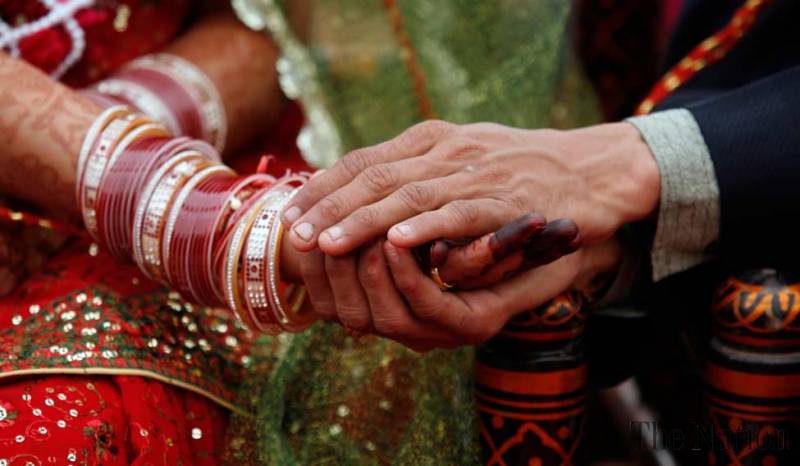With a second forced marriage conviction in England, where the Leeds Crown Court found a couple guilty of forcing their 19-year-old daughter into marriage, UK’s policies against forced marriages are sharply becoming stronger The victim was taken to Bangladesh, where the father had found a ‘suitable man’ for her. The woman was rescued days before the wedding was due to take place after her younger sister contacted the British High Commission.


After a deep interrogation of the landmark conviction in Birmingham where a mother has been sentenced to four and half years of jail on account of forced marriage, this continuation article provides a comparative analysis of the two cases in Birmingham and Leeds.
| Birmingham Conviction | Leeds Conviction | |
| ‘Overseas’ element | ·Victim taken to Pakistan on the pretext of a family holiday | ·Victim taken to Bangladesh on the pretext of a family holiday |
| Consent-
Not really ‘acquired’ |
Since the victim was already in a ‘marriage contract’ with the to-be-husband, the mother considered it was an ‘honourable’ decision to finally go on with the wedding.
The mother promised an iPhone to the victim if she went ahead with the marriage plan. When the marriage contract was in place, in 2012, the victim was impregnated by her fiancé. Even during the nikah ceremony, the daughter explicitly said that she doesn’t want to get married to the man who raped her. |
·The match had been made by the father since a long time, without the knowledge of the victim.
·The daughter was warned by the parents in not one, but many ways about how saying no to this ‘suitable match’ would bring shame on their family. The victim admits that the parents were subtle in seeking consent at first by saying that ‘the man would treat you like a queen’. Later, as she stood her ground against this marriage, the parents resorted to drastic measures. |
| Element of coercion | Passport was confiscated by the mother.
·The victim was a previously diagnosed with Post-Traumatic Stress Disorder, and was in distress whenever her mum used verbal abuses. Clearly, the victim was under duress. |
·The parents subjected their daughter to physical abuse which left her ‘nearly suicidal’ so that she would ‘agree’ to get married.
Mother encouraged father to hit the daughter several times. ·“As the days went by, verbal abuse turned to physical abuse and my dad hit me over the head one day. It was so bad that the whole room literally went black,” the victim said. |
| On pregnancy and forced domesticity | While held captive in Pakistan, the victim was forced to wake up at 6 and perform do household labour to ‘get a hang of’ what life would be after marriage.
The ‘marriage contract’ was administered in 2012, and the victim was impregnated by her to-be husband. The mother got the pregnancy terminated in the UK. |
The mother threatened the victim that she would burn her passport if she didn’t get pregnant immediately after the marriage. Only after the pregnancy would she be allowed to return to UK, and that too, with her husband. |
| Statements used by the convicts which explicitly demonstrate coercion | “I will put ghosts inside you if you reveal about this marriage to anyone, and they will ensure to make your life miserable”- Victim’s mother | “I have brought you up for 18 years with love, and I’ll chop you up in 18 seconds if you disrespect me or my decisions.”- Victim’s father |


It is overwhelming to see the two convictions within a span of two weeks, and it sends an outright message that “those who force someone into a marriage they don’t want, will be surely prosecuted”. Furthermore, these convictions are intended to give current victims of forced marriage a voice and see the Forced Marriage Unit and other charities in UK like Karma Nirvana, The Sharan Project, Shakti Women’s Aid as allies in their quest to attain freedom from family pressure and coercion. If, as a parent analyzing these convictions, you feel that the Forced Marriage Civil Protection Act is infringing on your parental wisdom about what’s best for your child, it is important you revisit the importance of ‘seeking consent’ of your child. Community leaders and parents together should critique the forms of coercion endorsed by the defendants in these two cases, and in doing so, the lives of victims who at risk of being forced into a marriage can be potentially saved.




